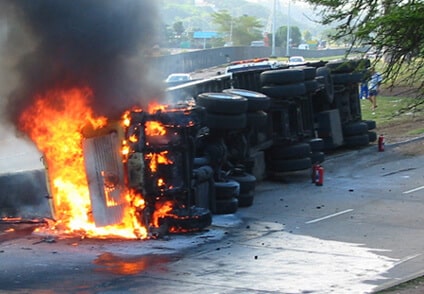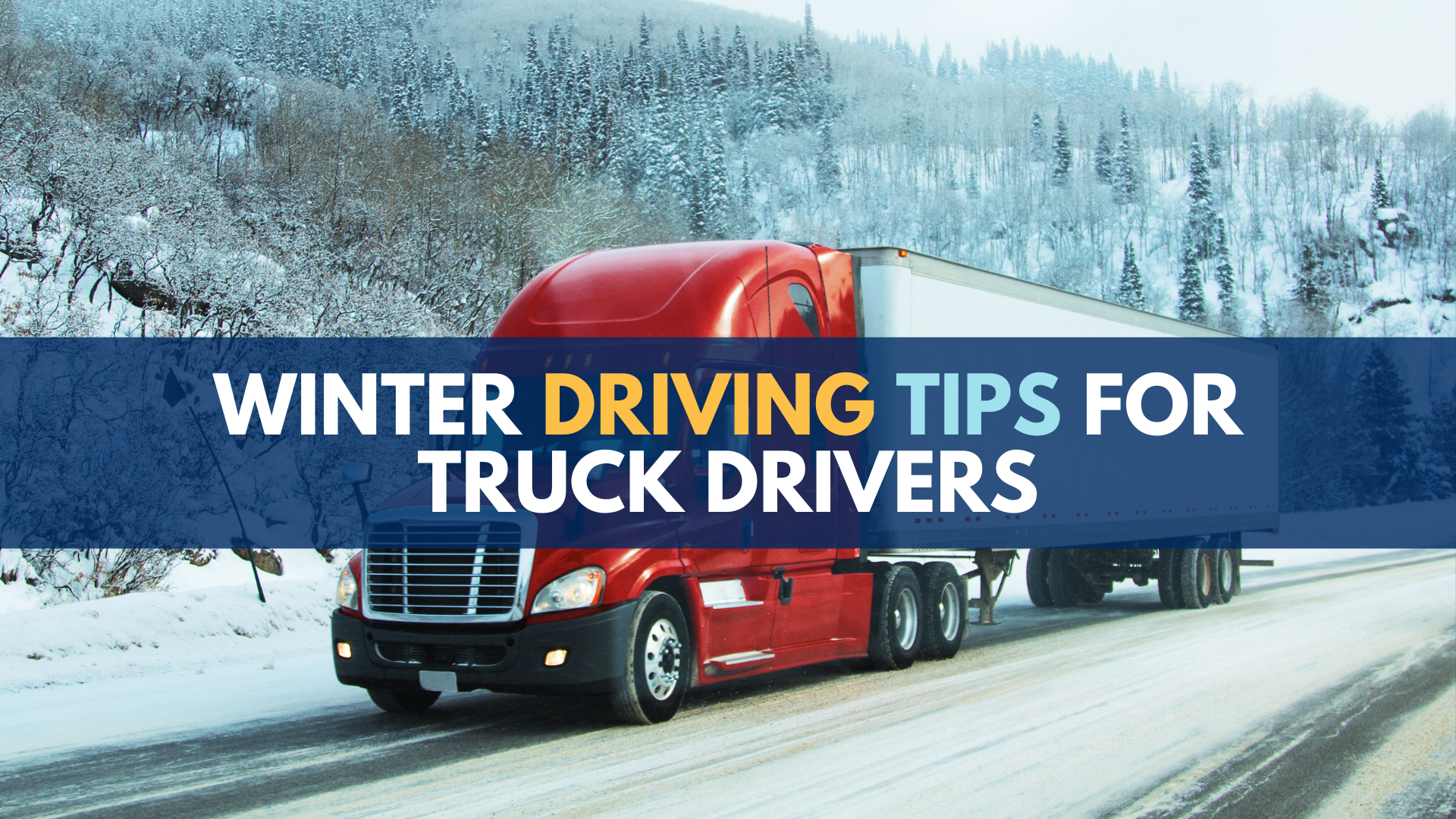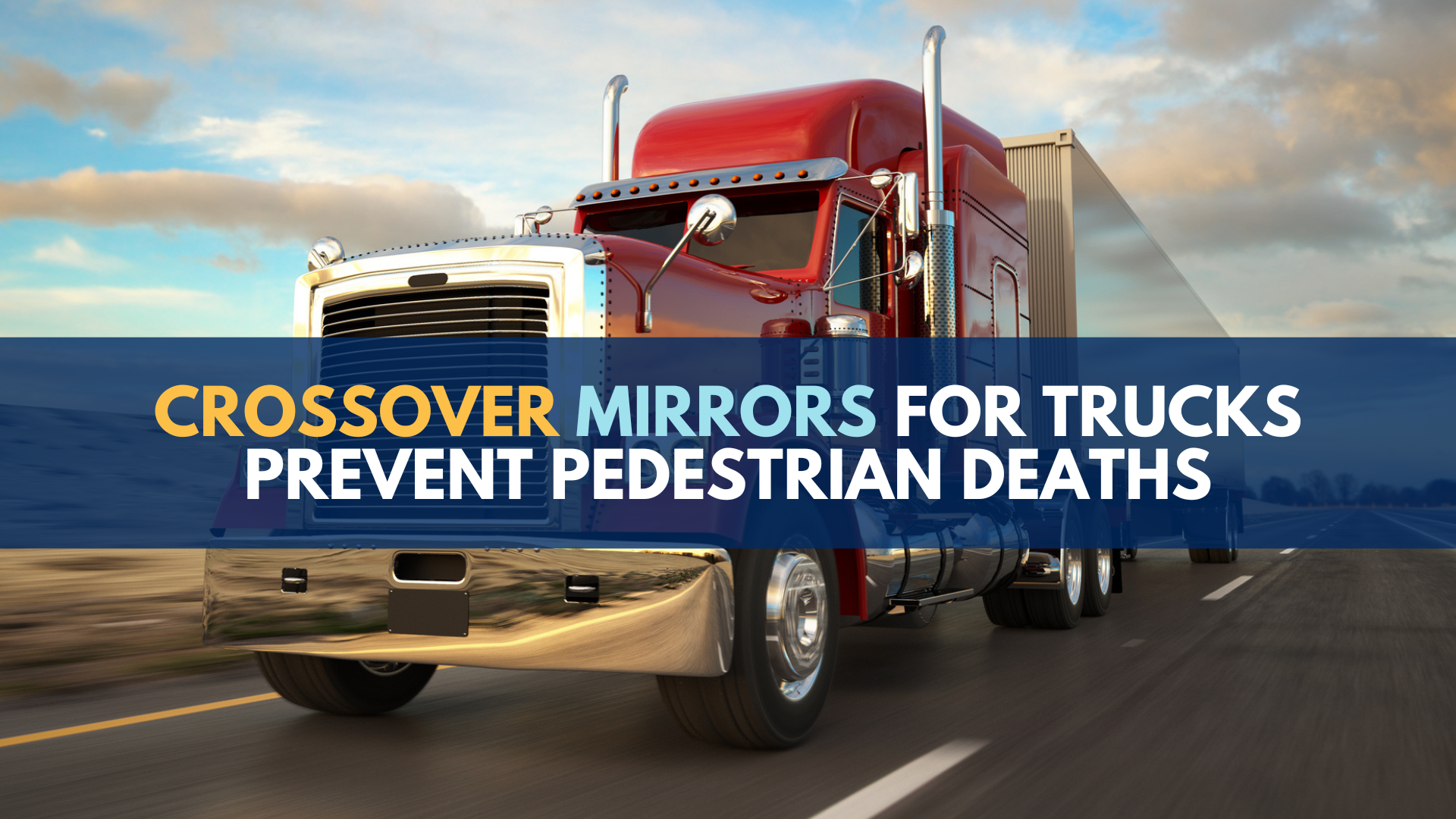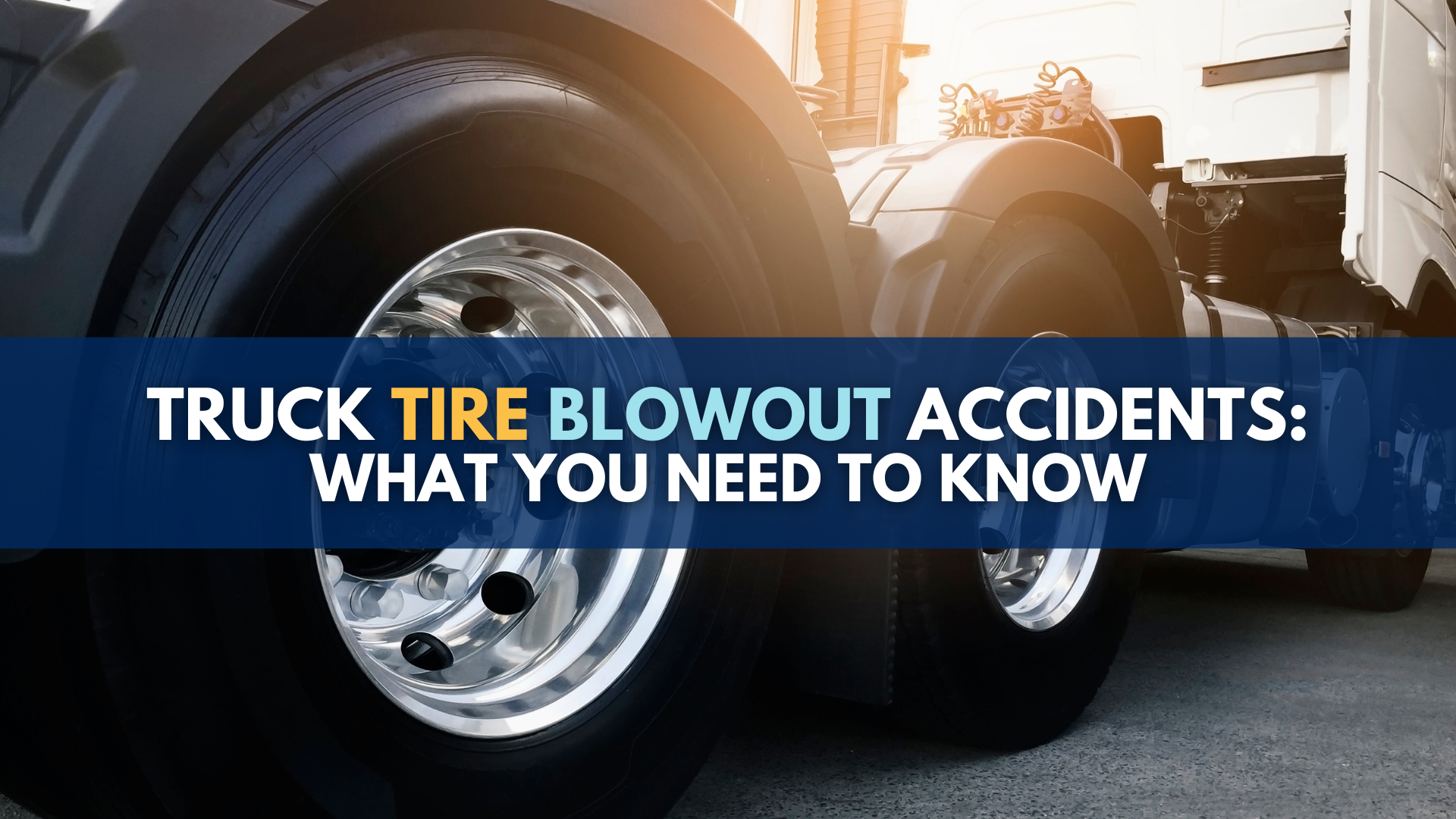3 reasons behind this spike in fatal truck accidents, and 4 solutions to this public safety crisis

1 in 10 highway deaths on our roads now involve commercial trucks, according to the Insurance Institute for Highway Safety (IIHS).
That is staggering.
But why is this happening? Why are so many people being seriously injured and killed on our roads by commercial trucks?
A large part of my job as an attorney involves helping the families of people killed or hurt in preventable truck accidents. Many of my truck accident cases involve commercial trucking companies who operate with a complete disregard for the safety rules and regulations that are in place to protect us all.
Here are three factors that contribute to the numbers of people being killed in truck accidents, according to the IISH:
1. Truck driver fatigue: Under federal hours-of-service (HOS) regulations, truckers are allowed to be behind the wheel for as long as 11 hours at a stretch. Surveys show that many drivers violate the regulations and work longer than permitted.
Solution: Requiring electronic on-board recorders (EOBRs) for all commercial motor vehicles would improve compliance with federal work rules by automatically recording when a truck is driven. EOBRs would replace the often falsified handwritten logbooks – also referred to as “lie books” in many of my own legal depositions – that truck drivers keep to catalog their work hours.
2. Bad brakes and rollovers: Stopping distances for trucks are much longer than passenger cars, especially on wet roads or if brake systems are poorly maintained. Large trucks are also prone to rolling over.
Solution: Require tractor-trailers and CMVs to be equipped with electronic stability control.
3. Bad underride guards: Large trucks often weigh 20-30 times as much as passenger vehicles. They’re taller and have greater ground clearance, which means that lower-riding vehicles can slide beneath truck trailers, with deadly outcomes. This is called a truck underride accident. Rear underride guards are supposed to stop this, but IIHS research shows guards meeting federal safety standards can still fail in “relatively low-speed crashes.”
Solution: The Insurance Institute for Highway Safety has petitioned regulators to require underride guards that are strong enough to remain in place during a crash and to broaden rules to mandate guards for more large trucks and trailers.
Here’s my own contribution to the IIHS study:
Problem: Lawyers who litigate truck accident cases without fully understanding the rules of the road, missing the safety violations that cause these crashes.
One additional solution to the trucking safety crisis today involves the attorneys who litigate these cases. Attorneys must understand that so many of these deaths are due to commercial transportation companies pressuring drivers to violate rules and regulations.
But because very few attorneys who litigate truck cases have the experience to engage in legal discovery to uncover this, and thus fail to recognize the motor carrier’s role in these cases, violations are largely ignored. The focus is always on the crash itself, and not the circumstances that created the situation that made the crash bound to occur.
As attorneys, we have the power to help stop this. We have the power to prevent hundreds of completely preventable tragedies involving trucks that are injuring and killing people. But it requires attorneys to spend the time in legal discovery and investigation into why these crashes are happening, and that requires a commitment to learning the rules that motor carriers and truckers must follow.
Lawyers have made a tremendous difference in making our society more safe, whether that be with flammable pajamas or exploding fuel tanks. And we can make a difference with making the trucks on our roads more safe.


